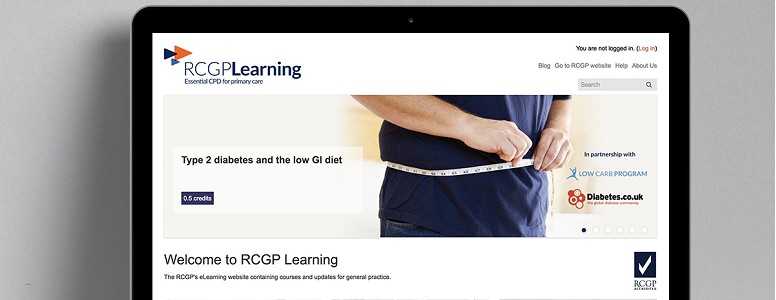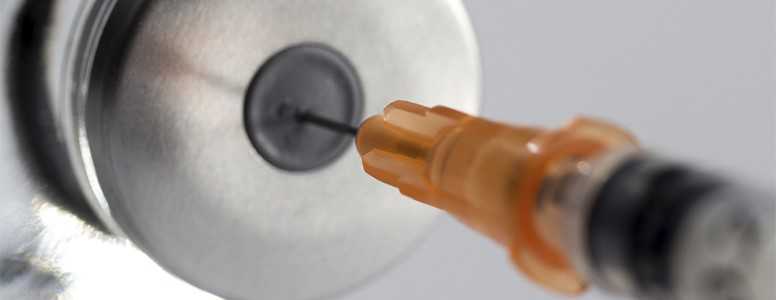A course developed to share the benefits of a low carb diet in type 2 diabetes with healthcare professionals has been praised.
The online module released this summer by the Royal College of General Practitioners (RCGP), titled ‘Type 2 Diabetes – a Low GI Approach’, has been applauded for showing the benefits of the approach in a simple and clear way.
The e-learning module, which takes 30 minutes to complete, was created Dr David Unwin, a GP from Southport, along with Diabetes.co.uk.
It is aimed at healthcare professionals providing care outside of hospitals, including GPs and practice nurses as well as community nurses and diabetes nurses. The RCGP launched it in June, sharing the module with its 52,000 members.
Speaking about the online course, Lord Balfe, who is the Honorary President and Global Patron of NNEdPro Global Centre for Nutrition and Health, said: “I am particularly pleased to hear the Royal College of General Practitioners has just published a peer reviewed e-learning course on this subject written by Dr Unwin to help other healthcare professionals interested in avoiding lifelong medication for their patients with type 2 diabetes.
“Dr Unwin has shown the benefits to be gained from the treatment of type 2 diabetes by dietary modification. Not only does his simple and easily understandable set of modifications to diet lead to a potential life free of drugs but it also cuts the cost of treatment within an overstretched NHS.”
Dr Unwin has developed a reputation as a leading advocate for the low carb approach, winning the ‘NHS Innovator of the Year’ in 2016 on the back of research which demonstrated an annual saving of £40,000 in type 2 diabetes drugs at his surgery.
He has also provided support to people registered at his practice with type 2 diabetes which has allowed half of them become free of medication by significantly reducing sugar and starchy carbohydrates.
Diabetes.co.uk has also developed the Low Carb Program aimed at people with the condition and those at high-risk of type 2 diabetes. So far over 360,000 people have registered and an analysis has shown that 40% of participants eliminate a diabetes medication at the one-year mark.
What's new on the forum? ⭐️
Get our free newsletters
Stay up to date with the latest news, research and breakthroughs.






